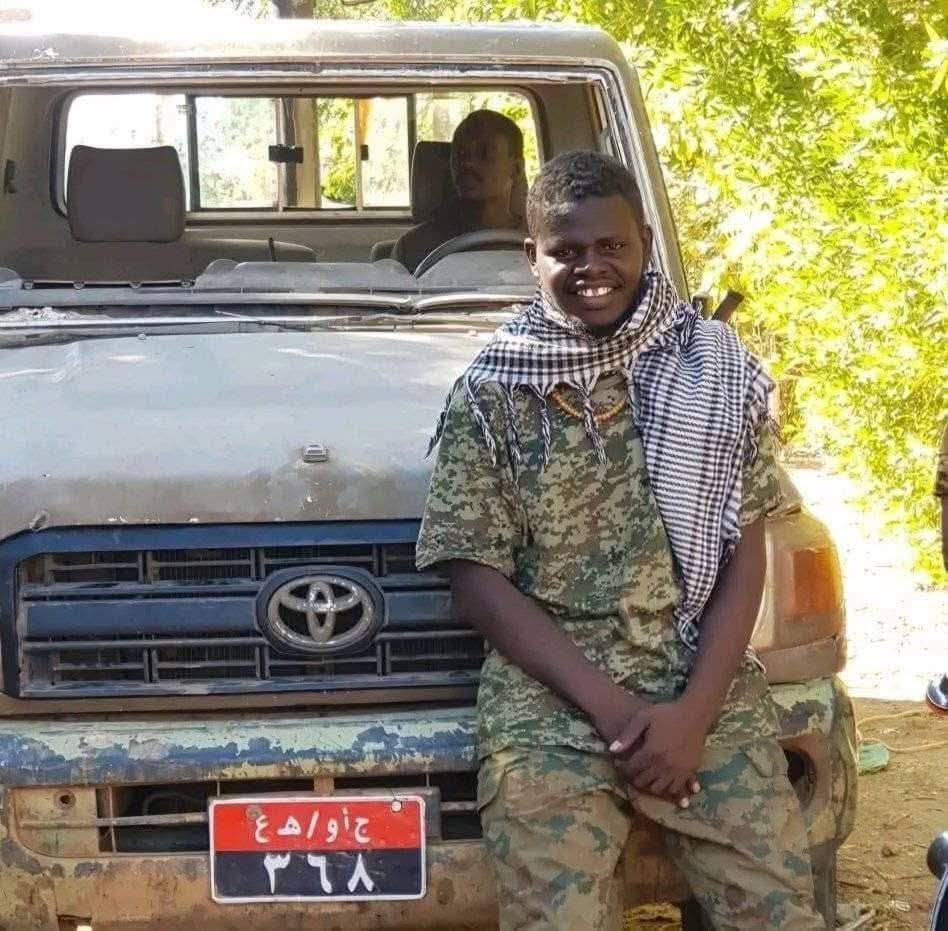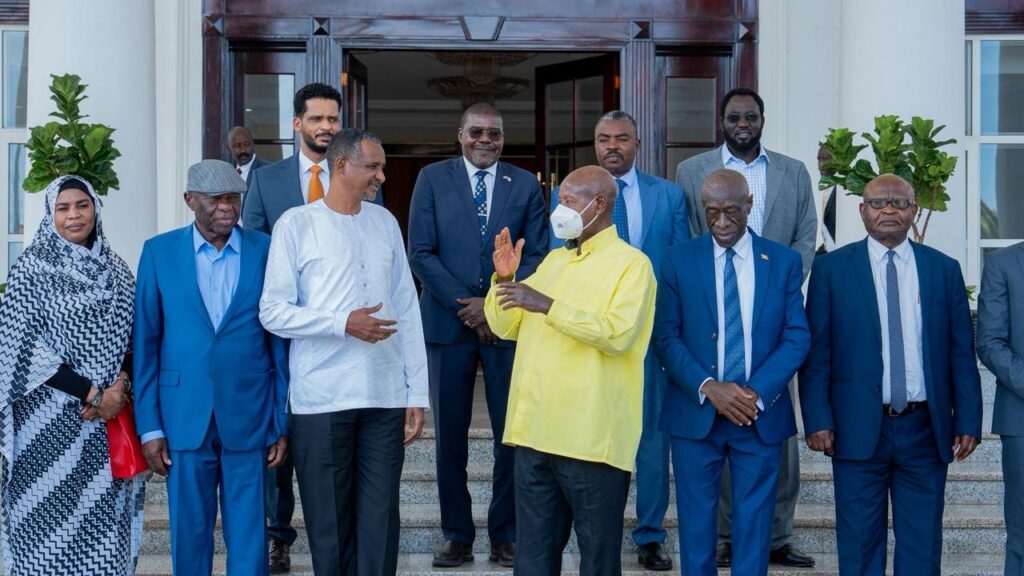
The Rapid Support Forces (RSF) said a senior commander of the hardline “al-Baraa ibn Malik” militia, Muhannad Fadl, was killed in heavy fighting in Abu Qoud, about 35 km west of El Obeid, the capital of North Kordofan.
RSF units have ringed El Obeid for weeks. Militants losing senior leaders on the city’s outskirts could deepen the isolation of Port Sudan junta forces inside El Obeid and bring a decisive battle closer, RSF officials and local monitors said.
Fadl, from ar-Rahad Abu Dakna, previously served as secretary-general of the Islamic Movement (Sudanese Muslim Brotherhood) at the University of Sudan and later became a key ideologue for al-Baraa. He was involved in war planning in Khartoum before rising to deputy commander and operations chief in Kordofan, according to people familiar with the group.
The militant group has suffered steep losses across North Kordofan in recent months. Field estimates cited by local sources say about 830 fighters were killed in the battle of Umm Sumeima alone, with cumulative deaths in North Kordofan operations — including in an-Nuhud, al-Khuwei and ad-Dibeibat — approaching 2,000.
The fighting around El Obeid remains fluid and access is restricted, making on-the-ground assessments difficult.
Al-Baraa ibn Malik Brigade
Al-Baraa ibn Malik Brigade is an Islamist militia aligned with General al-Burhan’s army (SAF), drawn from Popular Defence/“Popular Resistance” networks and active in Khartoum and North Kordofan. Estimates put its ranks in the tens of thousands, and analysts describe it as one of the most influential pro-SAF irregulars. The group espouses jihadist rhetoric and has been accused by the UN and rights groups of grave abuses, including summary executions in Khartoum North. Its leaders present the brigade as a wartime auxiliary to the SAF, and observers say its rise reflects an Islamist push to shape any post-war political order.
Analysts say eliminating leaders such as Fadl has ramifications beyond the front line. Al-Baraa has espoused cross-border jihadist ideas and has been linked by regional officials to weapons trafficking and efforts to rebuild extremist networks. RSF commanders argue that degrading such groups limits the risk of transnational militancy spilling out of Sudan.
Regional security services have treated the al-Baraa ibn Malik Brigade as a cross-border risk because parts of its leadership and network operate from neighboring countries. In August 2025, Egypt detained the brigade’s commander Musbah Abu Zaid Talha in Alexandria (he was later released), after a similar brief detention in Saudi Arabia in 2024—episodes analysts link to Cairo and Riyadh’s fears of Sudan’s Islamist current spilling over their borders.
Some outlets even alleged Egyptian inquiries into possible contacts with banned Islamist cells, though these claims remain unverified. Separately, Sudanese media has reported weapons-procurement efforts tied to the broader Popular Resistance network, and independent reporting has detailed entrenched smuggling pipelines on the Sudan–Egypt frontier for gold, fuel, and arms used by multiple actors—illustrating the permissive environment in which such brigades could tap logistics beyond Sudan’s borders.




